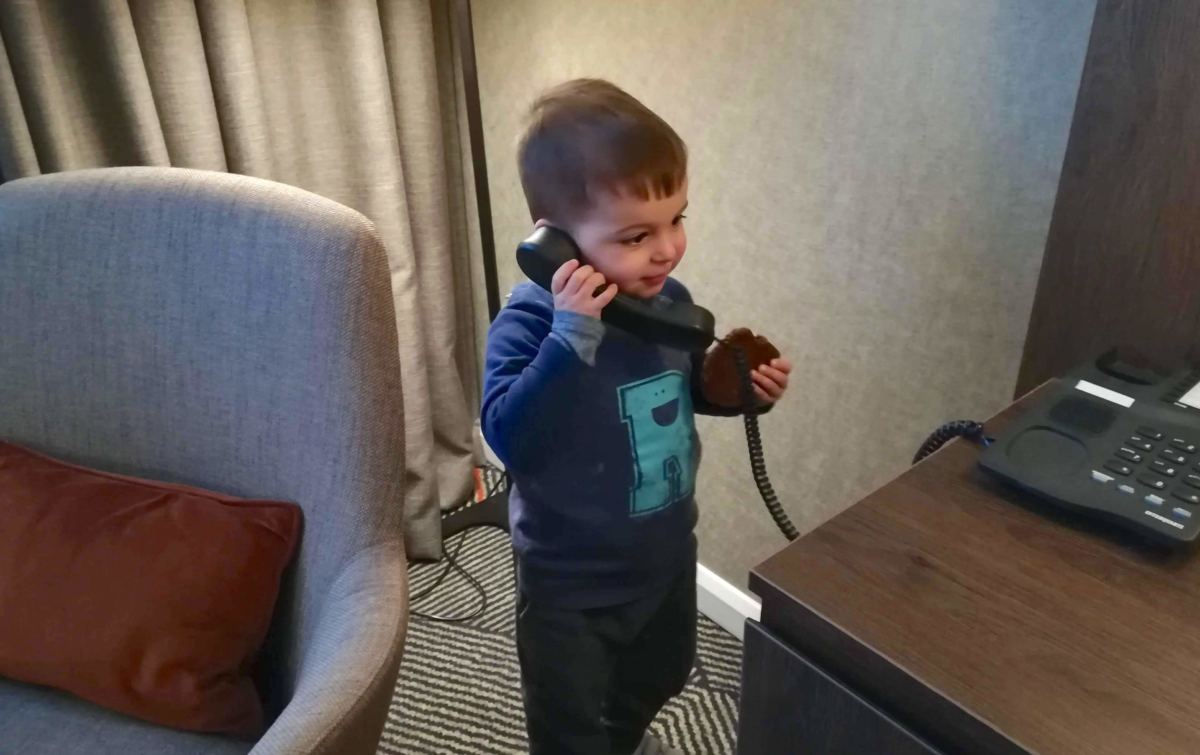How pets teach kids responsibility
Last Updated on November 8, 2024

[AD] Introducing a pet into your family has many benefits, one of the main ones is that pets teach kids responsibility, which goes a long way to helping them be more independent.
If getting your kids a pet is something that you’re interested in, here are some of the ways that caring for a furry, feathered, or scaled pet by feeding and grooming them, monitoring their health, and giving them exercise, will instill your kids with a strong sense of responsibility.
How pets teach kids responsibility
Getting your kids to help with pet care improves their understanding of responsibility in the following ways:
Builds empathy and compassion
Through the emotional bond your kids develop with their pet, they learn about empathy and compassion.
Overtime, your kids will begin to recognise and respond to their pet’s needs, and understand that their actions impact the well being of their furry friend.
Teaches responsibility for others
Through the daily care of a pet, kids learn what’s needed to take care of others, in this case providing food, water, shelter, and love to their pet.
As kids make choices about their pets care, such as selecting products for them, or if they have a dog, reading dog health information, they begin to understand that they need to be responsible for more people than themselves.

Teaches accountability and consequences
Having a pet allows kids to see the direct results of their actions, or inactions.
For example, if your kids forget to feed their pet, or they skip changing fish tank water, they’ll quickly learn that such oversights can lead to their pet’s discomfort, and may even cause their pets to have health issues.
This tangible cause and effect relationship teaches kids that their responsibilities carry weight, and that neglecting their pets has real, sometimes immediate consequences.
In addition, being accountable for a pet means that your kids also learn to set priorities and develop good habits.
As woofwhiskers.com says, your kids may have to sacrifice personal time, or make tough decisions to fulfil their caregiving duties, instilling a sense of discipline.
Develops social and communication skills
Kids interactions with their pet encourages them to verbalise feelings, thoughts, and commands, helping them to refine their communication skills.
As pets often communicate through body language, kids can learn to interpret these signals such as the wagging of a tail, or flattened ears, allowing them to become more attuned to non verbal cues in human interactions.
This heightened awareness can improve their ability to understand and connect with others, fostering stronger relationships, and reducing social anxieties.

Caring for a pet provides kids with benefits that go beyond the immediate joys and responsibilities of pet ownership.
The discipline and routine required in pet care, from feeding, walking, and even grooming a pet, teaches kids the importance of consistency and reliability.
Moreover, the empathy developed through pet ownership, and understanding a pet’s needs and emotions, enhances kid’s emotional intelligence, all invaluable skills to take into adulthood.
What benefits do you think pet ownership has for kids?







